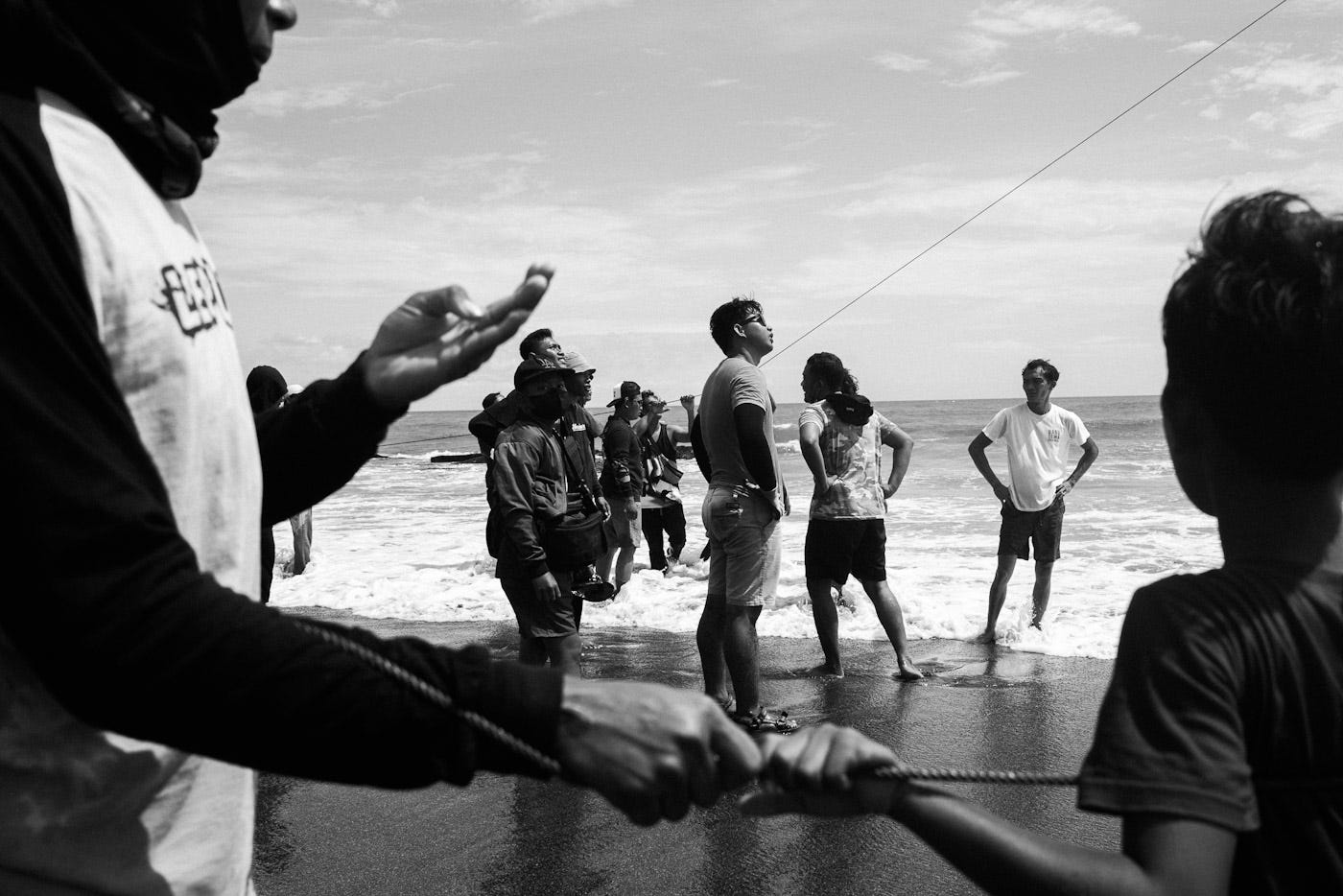Stop treating your teams as children and start as adults.

🧐 Few observations
people (especially POs) not sharing negative feedback on the team's work due to being afraid people might depart,
teams playing the blame game,
teams not able to build argumentation, afraid to say "no"
stakeholders ignoring the team's expertise
There's a vicious circle here. You might not recruit or have the people on board that fill your expectations.
It might lead to managing them more directly, not leaving space to take up more decision-making. This then leads to teams giving up and doing only the necessary.
💡Why change it?
Short answer - you are losing money and clients.
Long answer - you are not teaching teams how to support the business, and users, how to share insights and make improvements.
You lose vital feedback loops that can help the company become leaner and more focused.
🛠️The how
#1 Learn how to build argumentation and a case
1/ Start to measure anything important for the team
2/ Make decisions based on this data
3/ Share those decisions on Reviews, answer questions as a team
4/ Do the same with product-related metrics to level up
This cycle will help the team to take ownership and 'defend' their decisions. Do it through the perspective of the company's strategy.
It builds partnership for future discussions with stakeholders and gains trust.
5/ Learn how to build a business case with the team
Start with a team's internal case to train
Use Paweł Huryn’s suggestions to make it stick https://www.linkedin.com/posts/pawel-huryn_every-pm-needs-to-give-an-exec-presentation-activity-7002626485433839616-__ve
Present it to somebody who can share constructive criticism
Show it on to the decision-makers
#2 Share feedback - the good and the ugly
The worst a stakeholder can do is share no or very superficial feedback. The worse the PO can do is not to share constructive feedback.
Also, conduct a survey among other teams your team works with on how they find the cooperation.
#3 Teach the team to work on what's in their control
Cut the blame game and take ownership of what you have direct control or influence over.
Remember that persistent influence can also create change.
#4 Share and emphasise expectations
Share expectations for teams and individuals with concrete behaviour examples like here.
Ask what the teams expect from the organisation to do their job well.
#5 Build the right scaffolding
Build a frame for decision-making in which the teams self-organize. This is done by enabling constraints that are set in context.
More 👇🏼 and on Cognitive Edge webinar on constraints
#6 Build trust both ways
Discuss with the team and stakeholders:
What behaviours would we need to see more of to build a trusting relationship further?
What is missing today that, if improved, would enable us to work together better?
—
🎈Share this post if you think it can help others create better teams.


